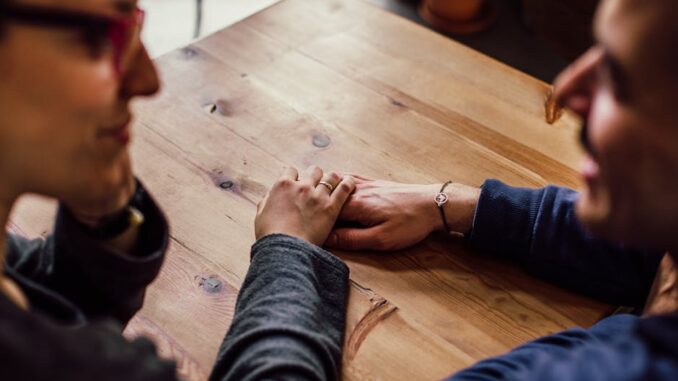
Summary
This article provides a step-by-step guide to building a supportive friendship group after addiction. It emphasizes the importance of support groups, shared activities, and open communication in forming healthy relationships. Building new connections is crucial for long-term recovery and overall well-being.
** Main Story**
Building Your Tribe: Making Sober Friends in Recovery
So, you’re navigating the path of recovery? That’s huge. It’s not just about stopping a substance; it’s a complete life overhaul. And honestly, one of the most crucial, yet sometimes overlooked, aspects of that is building a solid, sober social circle. It really is essential for long-term success, and I want to share some insights on how to cultivate those supportive friendships. Think of it as building your own, personal recovery dream team.
Dive into Support Groups
Seriously, don’t underestimate the power of support groups. Places like Alcoholics Anonymous (AA), Narcotics Anonymous (NA), or SMART Recovery are fantastic starting points. They’re safe havens, full of people who truly get what you’re going through. They provide an understanding ear and can give you some much needed encouragement. The shared experiences creates an environment that really fosters connection.
Actively participate. Share your story when you’re ready – and don’t feel pressured, it has to be at your own pace. Listen intently to others. Trust and connection is earned, and the more you listen and connect, the faster that trust will come. Regular attendance? Absolutely key. It’s like watering a plant; consistent effort helps those bonds grow stronger.
Shared Activities are a Great Starting Point
Time to rediscover, or maybe even discover, some hobbies! Joining fitness classes, art groups, book clubs, or even volunteering – shared interests are fantastic conversation starters. They’re perfect for connecting with like-minded people in sober environments. I once joined a pottery class during a particularly challenging period. Not only did it provide a creative outlet, but I also met some incredible people who had no idea about my struggles but offered genuine friendship.
Think about activities that promote wellness and personal growth too. Yoga, meditation, creative workshops – these aren’t just trendy; they’re beneficial for mind, body, and soul.
Honesty is the Best Policy (Eventually)
Be open and honest, but on your own terms. When you feel comfortable, start sharing your recovery journey with these potential friends. Setting clear boundaries about your sobriety is essential. Some people might not get it, and that’s okay. The important thing is to surround yourself with people who respect your choices and your space. Honesty builds trust. And, more importantly, it weeds out those who won’t be a good fit for this chapter of your life.
Nurturing the Old
Don’t forget about your existing relationships! Reconnect with supportive family members and friends who already respect your sobriety. Why not host a sober game night or a potluck? Strengthen those existing bonds, and maybe even expand your social circle organically. Find activities you can enjoy together that don’t revolve around drugs or alcohol. Hiking, board games, movie nights – the possibilities are endless.
Take Charge!
Don’t wait for invitations, make your own! This is your life, and you’re building the kind of support that you need! Recovery often means pushing outside your comfort zone, and that includes reaching out. Be patient, though. Friendships take time. Don’t take rejection personally. Sometimes, it’s just not a good fit, and that’s alright.
The Digital World Can Help, But Be Cautious
Online resources can be a surprisingly valuable tool. Explore online recovery forums, social media groups, or even apps designed to connect people with shared interests. It can be a comfortable way to ease into things, especially if you’re a bit introverted or just prefer initial interactions online. That said, exercise caution. Make sure online interactions eventually translate into real-world connections. Digital friendships are great, but that face-to-face interaction? It’s irreplaceable.
When to Seek Professional Guidance
If you’re finding it tough to build these new relationships, don’t hesitate to seek professional support. Therapists or counselors can provide guidance on social skills, building self-esteem, and navigating social anxiety. Group therapy can also be a really safe space to practice social interaction and connect with others in recovery. It’s like having a coach in your corner, helping you develop the skills you need to thrive.
Quality Matters Most
Ultimately, it’s better to have a few close, supportive friends than a huge crowd of superficial acquaintances. Quality connections are what matter for long-term recovery. Be patient, let friendships develop naturally, and prioritize relationships that offer genuine support, understanding, and shared values.
Building a sober social circle takes time, effort, and a whole lot of self-compassion. Be patient with yourself, celebrate every step forward, and remember you’re creating a supportive, enriching community that will sustain you on your journey. And you know what? You deserve it.


Be the first to comment